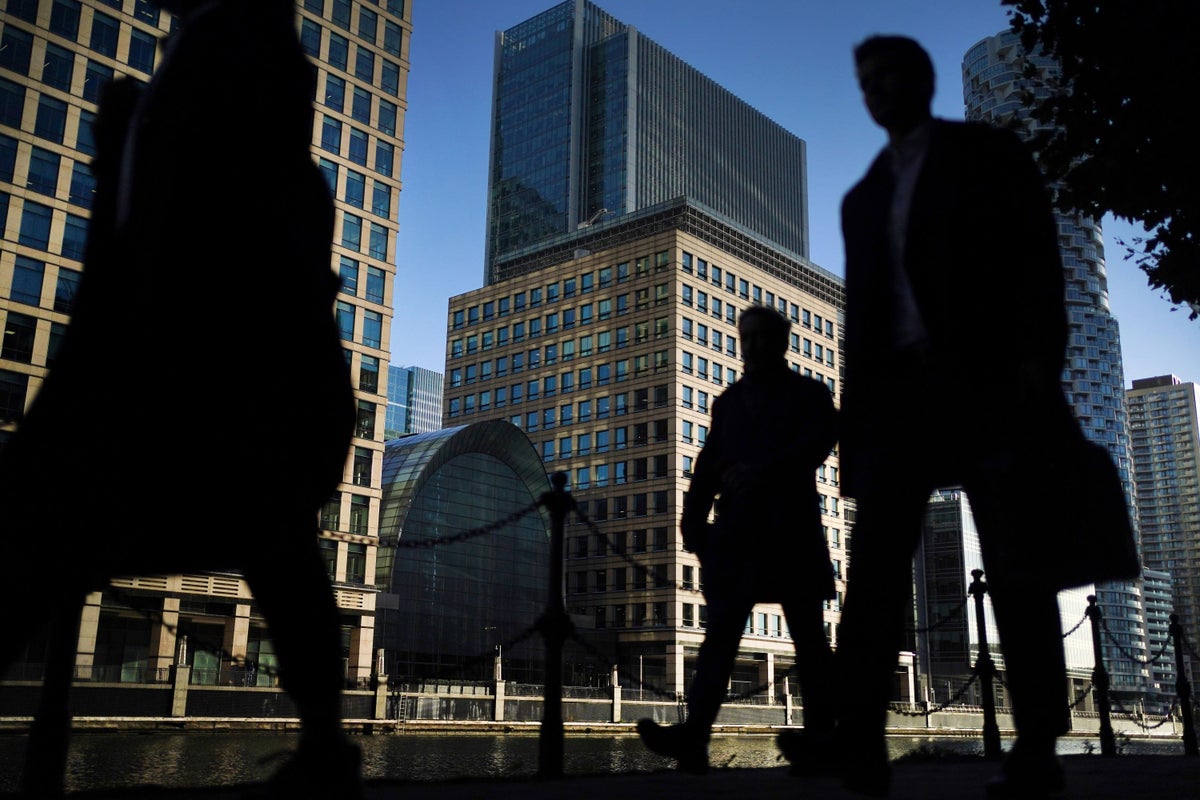
Black, Asian and minority ethnic women are nearly three times as likely to be on zero-hours contracts as white men, new figures show.
Some 6.8 per cent of minoritised groups are on zero-hours contracts, compared to 2.5 per cent of white men, according to data analysis from the Trades Union Congress (TUC).
These types of contracts are characterised by low pay, variable hours and fewer rights and protections for workers. The number of people on zero-hours contracts rose by nearly 150,000 over the last 12 months, the study found, amounting to 1.18 million people on these contracts.
The TUC says this increase in zero-hours contracts for BME workers reflects “structural racism in the jobs market”, while campaigners have been lobbying the government to scrap zero-hour contracts altogether.
General secretary Paul Nowak said: “Everyone deserves to be treated fairly at work. But too many Black and minority ethnic workers – especially women – are trapped in low-paid jobs on zero-hours contracts, with limited rights and protections and no guarantee of shifts so they can’t plan their budgets and childcare from one week to the next.
“The significant and disproportionate concentration of BME workers on zero-hours contracts points firmly to the structural racism in our jobs market. It’s time to tackle the discrimination that holds BME workers back once and for all – and ensure that everyone has access to a decent, secure job.”
The biggest proportional increase has been among Black, Asian and minority ethnic women. The proportion of these women on zero-hours contracts has risen by 15,200 over this period – three and a half times faster than the proportion of white men, the figures show.
Black, Asian and minority ethnic men are almost as badly affected by zero-hour contracts as their female counterparts, with 4.8 per cent likely to be trapped in these working conditions.
White women are also significantly more likely than white men to be on zero-hours contracts: 4 per cent compared to 2.5 per cent. Analysis published in August revealed the number of BME workers in insecure work more than doubled from 2011 to 2022 (from 360,200 to 836,300).
Campaigners are concerned that zero-hours contracts hand the employer total control over workers’ hours and earning power, meaning workers never know how much they will earn each week; meanwhile their income is subject to the whims of managers.
The union body argues that this makes it hard for workers to plan their lives, look after their children and get to medical appointments.
These contracts also make it harder for workers to challenge unacceptable behaviour by bosses because of concerns about whether they will be penalised by not being allocated hours in future.
Such insecurity can be particularly challenging for those who have caring responsibilities, who are overwhelmingly women, says the TUC.
This comes as a study by market research company Savanta revealed that more than a fifth of UK employees said they have faced discrimination in the workplace because of their identity.
Anneliese Dodds, Labour’s Shadow Secretary of State for Women and Equalities, said: “The Conservatives have failed working people, leaving behind an economy ravaged by dire productivity, insecurity and low pay. That applies across the board but especially for Black, Asian and ethnic minority women.
“Labour’s proposed Race Equality Act will provide a long-term plan to tackle the structural racism that scars our society and our New Deal for Working People will give people much needed flexibility and security at work. We will ban zero-hours contracts and provide job security to the thousands of workers in insecure employment, and we will introduce mandatory ethnicity pay gap reporting for larger firms as well.
“These plans will benefit working people, as well as businesses and the economy, by keeping more people in work, improving productivity and putting more money in working people’s pockets.”
A government spokesperson said: “Millions of workers received a pay rise this April thanks to an increase on the National Living Wage from £9.50 an hour to £10.42.
“Zero-hour contracts offer flexibility for people who may need to balance work around personal commitments whilst helping employers with less demand for permanent staff”.







